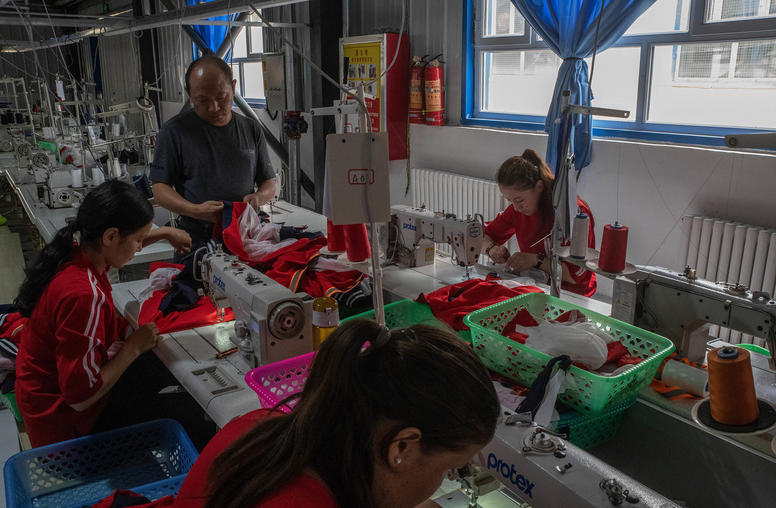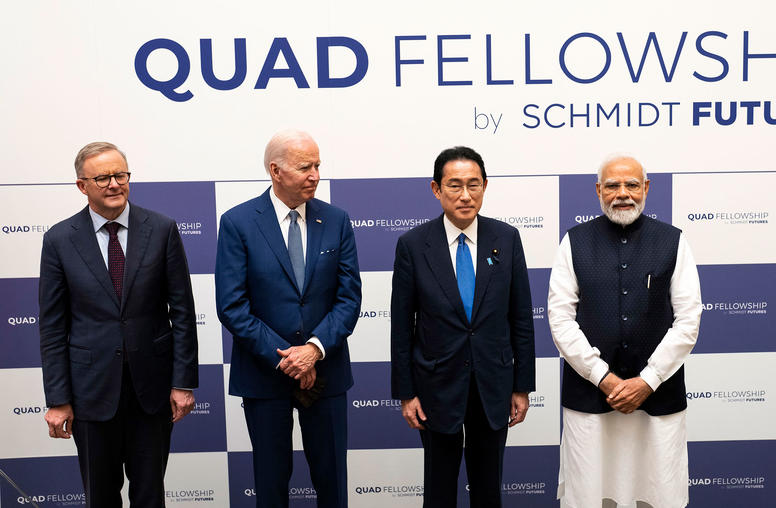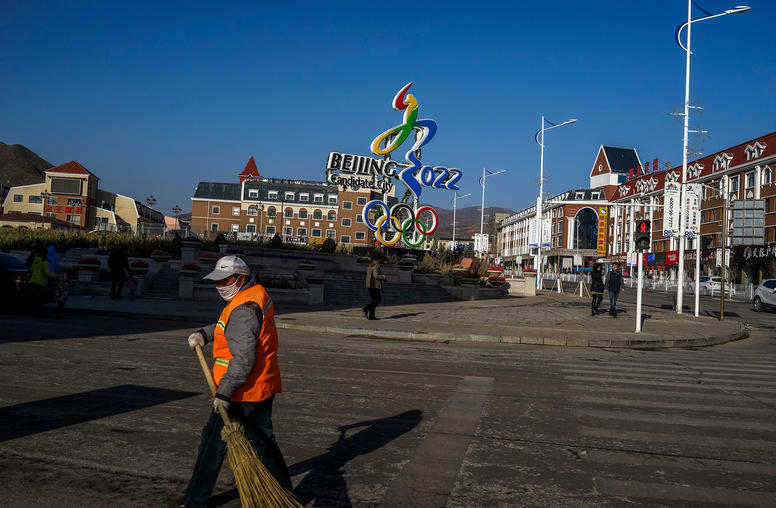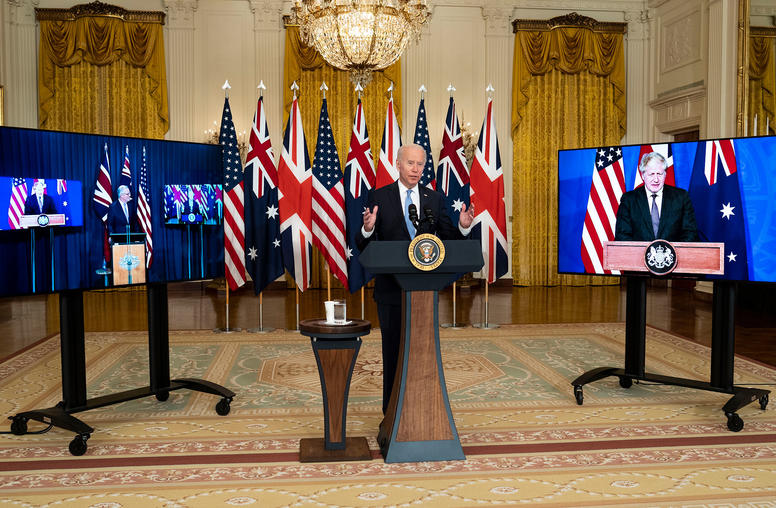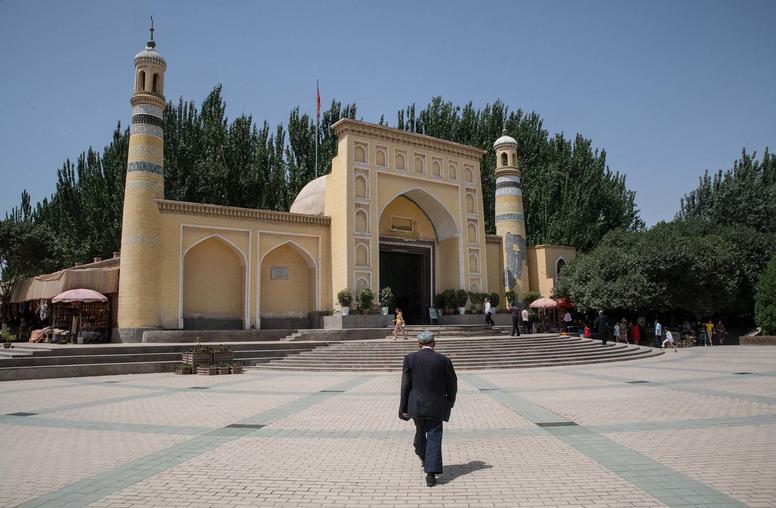Rachel Vandenbrink
Contact
Please submit all media inquiries to interviews@usip.org or call 202.429.3869.
For all other inquiries, please call 202.457.1700
Rachel Vandenbrink is a program officer for China in the Asia Center at the U.S. Institute of Peace. In this role she develops, coordinates, and implements research and dialogue projects related to China’s impact on peace and conflict dynamics around the world.
Before joining USIP in 2016, Vandenbrink worked as a news editor at Radio Free Asia and interned with International Crisis Group in Beijing and with the Congressional-Executive Commission on China. She holds a master’s degree in international relations from Tufts University’s Fletcher School, with concentrations in security and Asian studies, and a bachelor’s degree in history with honors from the University of Chicago. She is proficient in Chinese and Japanese.
